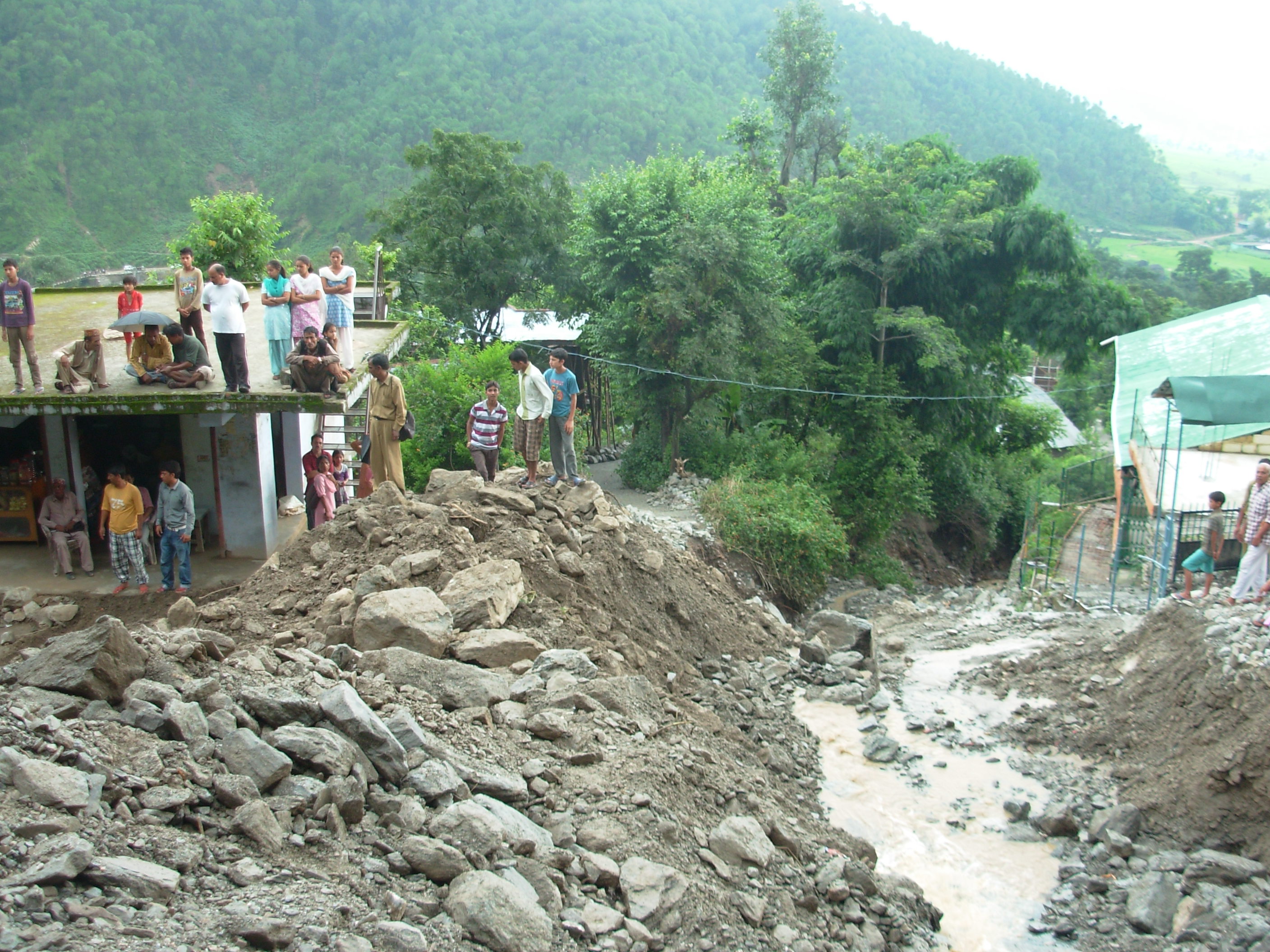August 11, 2014
Local, state level and national Environmental groups today sent a submission to the Chief Secretary, Himachal Pradesh raising strong objections to the ammendments in the Hydropower Policy made by the State Government in March 2014. The key objections of groups are to do with the gross dilution in clearance procedures by the State Government vide a notification issued on 4th March 2014. The notification was issued post the setting up of a Committtee on Speedy Development of Small Hydro Projects in 2013, which made a series of recommendations in order to deal with the delays in the execution of Hydropower Projects. The Committtee formed was headed by the Chairman, HP Electricity Regulatory Commission (HPERC) and has mostly recommended doing away with several departmental clearances, in order to expedite the implementation of Small Hydropower Projects (below 25 MW). The most shocking and objectionable part of the March 2014 notification is that though the mandate of the committee was to look into the problems private power developers of Small Hydropower Projects face; the amendments seem to have been made applicable to all kinds of hydro power projects in the state.
The amendments introduced are intended to fast track the clearance procedure with respect to small hydels, by doing away with separate NOCs from Public Works Department (PWD), Irrigation & Public Health Department (IPH), Revenue, Fisheries and Wildlife. “These NOCs are critical because they recognise the fact that these Hydropower Projects, both small and large, have serious ecological and social impacts. For instance, the fact is that water sources do get impacted and affect the irrigation and drinking water needs of the villages in the project area. “A thorough investigation and NOC by the IPH is critical in determining whether the design of the project is feasible from the point of view of the impact on water sources”, said members of Himdhara, Environment Research and Action Collective, one of the signatories of the memorandum.
The memoradum also states that the committee constituted has been biased. “Out of the 15 members of the committee, about 6 are power producers, which include Himurja and representatives of private power producers association. There is a clear conflict of interest and we are appalled that the State government created such a committee in the first place. Further, the committee has no representation of the Department of Science, Technology and Environment or any non governmental, independent persons that would look into social and environmental issues. The committee does not even have a member of the Forest department. Considering the impacts of these projects on local livelihoods, there should have been at least one independent member with an expertise on social issues. While we feel that the very objective of the committee is aligned with the interests of the power producers, the least the government could have done was ensure that the social and environmental interests are not sidelined or ignored”, is one such issue the submission raised.The groups have alleged that no public consultation was held before finalising the recommendations or issuing the notification.
Another major objection raised is that of diluting the consultation process with the local affected villages by relying on a one time consultation with the Gram Panchayats to be headed by a Single Joint Inspection Committee. “The earlier guidelines required an NOC from the Gram Panchayat and followed two consultations, one at the initial stage and one after signing of the Implementation Agreement,” says R.S Negi of Him Lok Jagriti Manch. “This notification is unconstitutional because it undermines the the role of the Panchayats, but for tribal areas like Kinnaur, Lahaul-Spiti and Chamba, this is a clear violation of the 2006 Forest Rights Act and 1998 PESA Act, which protects the democratic rights of Gram Sabhas by making their NOC mandatory for any such development activity.”
Himanshu Thakkar of SANDRP added, “It is unclear on what basis the committee came to the conclusion that the major reason for delays in case of small hydroprojects are the NOCs. There is no analysis or illustration or case study in the report to suggest this. Then how does the committee justify its recomendations?” The memorandum states that ‘the committee came to these recommendations without conducting any kind of impact assessment study or case study of any of the existing projects, their local impacts as well as their background and feasibility’.
The groups have demanded that the March 2014 notification be withdrawn and that the government should carry out a series of public consultations before ammending the Hydropower Policy 2006. Some of the key demands made in the memorandum are that NOCs from Gram Panchayats, PWD, Revenue, Fisheries, Widlife be made mandatory.“Infact, we have been demanding that small hydels be brought under the purview of EIA notification 2006 and all SHPs above 1 MW should require an environment clearance with environment impact studies and public hearing.” added members of Himdhara.






